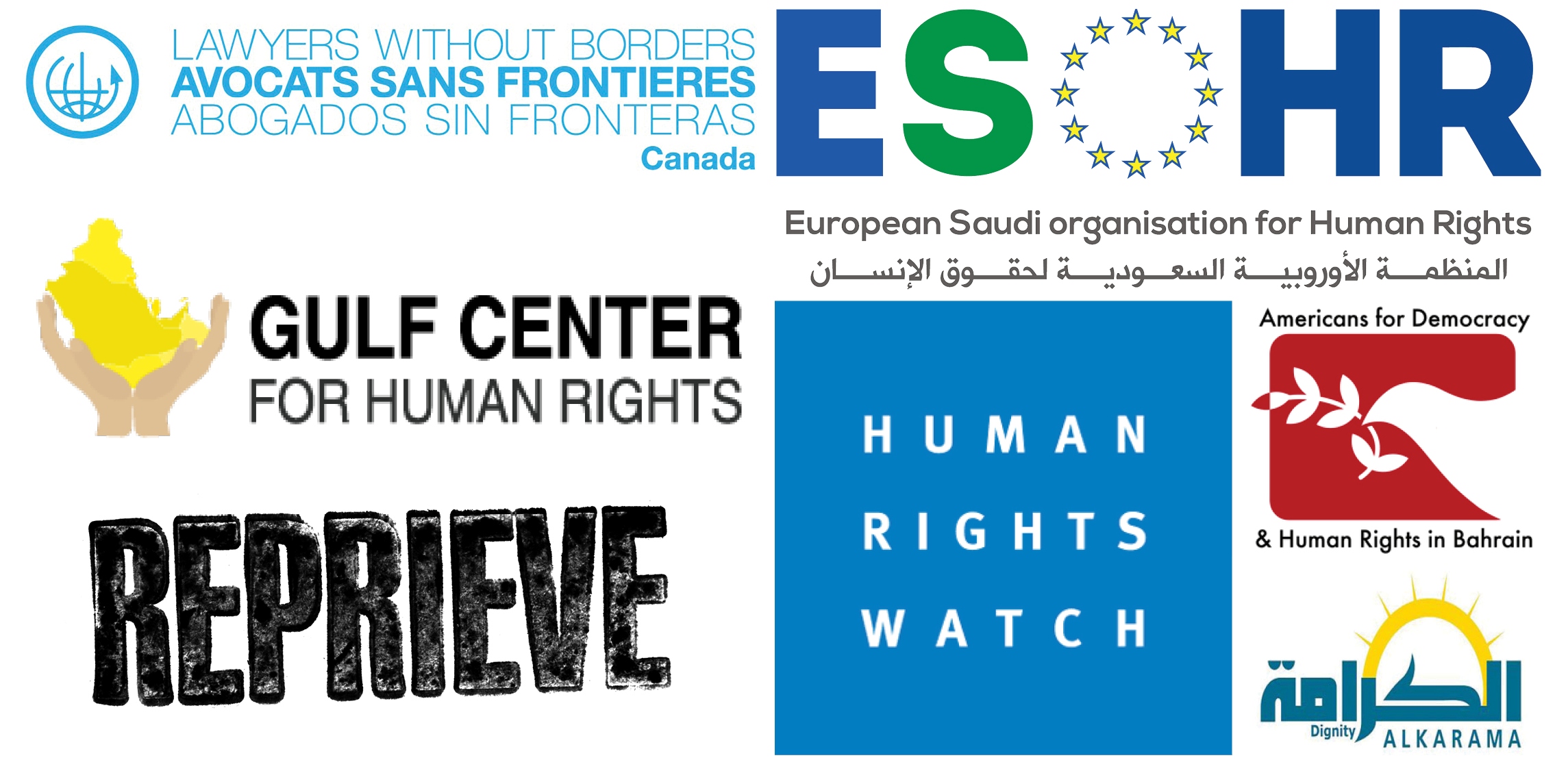
After arbitrary detention and enforced disappearance, Makki al-Orayedh was killed in police station and signs of torture were seen on his body | European-Saudi Organisation for Human Rights As part of the international effort to protect and promote human rights in Saudi Arabia, several organizations, including the European Saudi Organization for Human Rights (ESOHR), partook in a joint session with the United Nations Committee against Torture on 21st April 2016.
The participation of independent organizations in the discussion of the periodic review of national Saudi report, represented an essential part in the discussion by the committee against torture, which comes in addition to the discussion with the Saudi government official delegation, which consisted of 36 official representatives.
The Committee against Torture to Saudi Arabia submitted in 2009 ,a list of several questions about torture in Saudi Arabia, asking Saudi Arabia to clarify and answer. As a result Saudi Arabia had to present its official report about torture at 2010 but it was delayed for five years, until it was eventually presented January 2015.
Simultaneously, CAT received reports from independent civil society organizations, which clarified and included facts and cases of torture in Saudi Arabia.
The reports were submitted by: Human rights Watch, Reprieve, European Saudi Organization for Human rights, US organization Americans for democracy and human rights in Bahrain, Dignity Organization,Gulf Centre for human rights and Lawyers without borders.
In the panel discussion, which was held on 21st April 2016, three of these organizations participated: Dignity, Americans for Democracy and Human Rights in Bahrain, European Saudi Organization for Human Rights. The Committee heard interventions by representatives of organizations, and asked several questions to clarify the reality of torture in Saudi Arabia, in a hearing that lasted an hour, followed by a side conversations which included further clarification about the cases and procedures related to the legal and administrative environment that contribute to the prevalence of torture in Saudi Arabia.
On the 22nd April 2016, a session was held between the committee and the Saudi government delegation, in the presence of civil organizationsas observers. The committee provided many of the questions and issues derived from the factsit had obtained during a review of the cases of torture documented by organizationsfor nearly three hours. After that the Saudi delegation gave a short 10 minute response.
In Monday 25st April, and over 3 hours, the Saudi government delegation will reply in detail to the list of questions and issues raised.
The torture of some detainees in Saudi Arabia has also led to their subsequent death, as in the case of the young Makki al-Orayed, who died after less than two days in police custody, and of torture marks documented on his dead body, other cases includeMajidBermndh who was killed after being hit by a number of police officers.Also a vast majority of convicted persons in Saudi Arabia, many of whom face the death penalty, confirmed that they had been subjected to torture.
